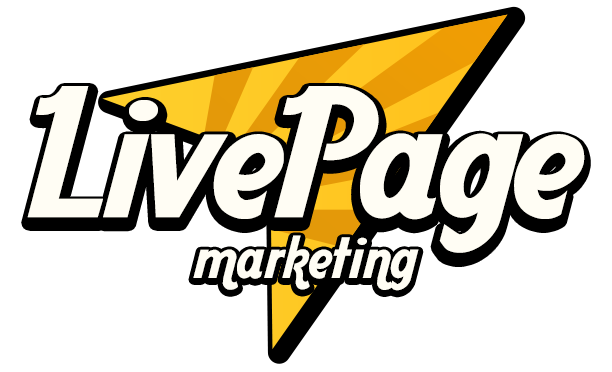If you had access to a nearby university, you might seek out a physics professor to get your question answered.
Alternatively, you could go to a library and ask the librarian to recommend the best book on relativity.
In each of those cases, you’re making a decision about authority.
You know the closer the connection of your information source to deep knowledge about physics, the more likely you are to get a good answer.
In other words: You want the most authoritative answer, which will come from the most authoritative source.
Of course, we need more than information. Sometimes we need stuff!
Say you’re looking for a new dishwasher. Before the web, you might have picked up a copy of Consumer Reports. Or you might have asked friends or neighbors if they were happy with a particular brand. Unlike the physics example, in this case people you know might actually be good authoritative sources.
As soon as it was apparent that the World Wide Web was going to become the major repository for human knowledge – not to mention the primary source for products, services, entertainment, and much else – the need for search engines was obvious.
Search engines help connect us with authoritative sources for our questions and needs, whether that’s a physics professor’s blog or dishwasher reviews by real users.
There were a few early attempts to do human indexing and categorization of webpages, but it didn’t take long to realize that effort would never keep up with the growth of the web.
Modern search engines use complex algorithms to find, read, and ascertain the topicality of webpages. They can then match those pages with search queries looking for the information they contain.
In other words, search engines are trying to find the most authoritative (and relevant) sources to match the query.
For any given query, there are typically a great many pages that potentially satisfy that query.
Users expect the search engine to take the role of the knowledgeable librarian and direct them to the best pages for the query.
That’s a judgment, then, of the relative authority for the topic of the query of all the possible pages, so search engines must be able to assess that relevance and authority at a huge scale.
How Search Engines Evaluate Authority
In reality, modern search engines such as Google use hundreds of factors (or signals) when evaluating the authority and relevance of webpages, but we can boil them down to two main categories:
- Content (relevance).
- Links (external citation authority).
First, a search engine must read and analyze the actual content and other features on a page.
From this, the engine associates relevant topics with the page.
In the early days, on-page assessment pretty much ended there, but now search engines are much more sophisticated in being able to analyze a page’s language, structure and other features to determine things like how completely the page addresses a topic and how useful it might be to a visitor.
Once the search engine understands the page and adds it to its index, it turns next to external signals that help validate and gauge the level of authority of the page for any given topic.
Ever since the invention of PageRank by Google founders Larry Page and Sergey Brin, links have been the primary signal used for such assessment.
Search engines use links much like we might treat scholarly citations. The more scholarly papers relevant to a source document that cite it, the better.
The relative authority and trustworthiness of each of the citing source comes into play as well.
In the next two sections, we will go into more depth about how search engines use content and links to assess authority, as well as what you need to do to gain such authority for your own site.
Why Links Still Rule the Roost
The big innovation that made Google the dominant search engine in a short period was that it used an analysis of links on the web as a ranking factor. This started with a paper written by Larry Page and Sergey Brin called “The Anatomy of a Large-Scale Hypertextual Web Search Engine.”
The essential insight behind this paper was that the web is built on the notion of documents inter-connected with each other via links.
Since putting a link on your site to a third-party site might cause a user to leave your site, there was little incentive for a publisher to link to another site, unless it was really good and of great value to their site’s users.
In other words, linking to a third-party site acts a bit like a “vote” for it, and each vote could be considered an endorsement, endorsing the page the link points as one of the best resources on the web for a given topic.
Then, in principle, the more votes you get, the better and the more authoritative a search engine would consider you to be, and you should therefore rank higher.
Passing PageRank
A significant piece of the initial Google algorithm was based on the concept of PageRank, a system for evaluating which pages are the most important based on scoring the links they receive.
So a page that has large quantities of valuable links pointing to it will have a higher PageRank, and in principle will be likely to rank higher in the search results than other pages without as high a PageRank score.
When a page links to another page, it passes a portion of its PageRank to the page it links to. Thus, pages accumulate more PageRank based on the number and quality of links they receive.
Read article fullhere.

